Posted on 5/25/2022
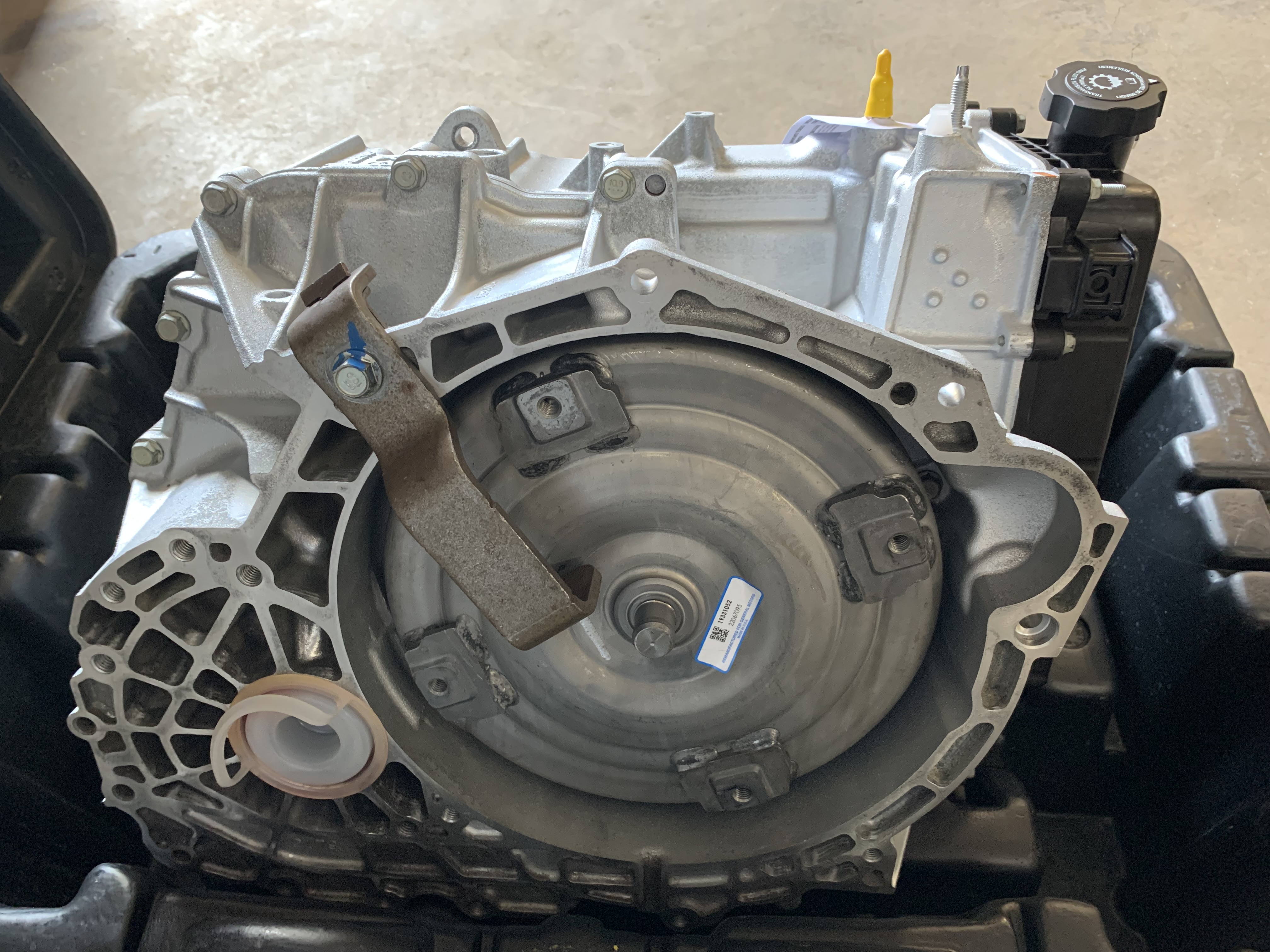
One of the most common transmission issues you can have is a slipping transmission. Slipping occurs when the transmission tries to change gear but falls back into the gear it was previously in. Or drops into neutral. Slipping doesn’t necessarily mean that your transmission is about to fail. But it is a sign that it is in serious need of service or repair. Schedule an appointment as soon as you can with a mechanic who can look into your issue. Symptoms of A Slipping Transmission The source of a transmission slip can be caused by various reasons. Diagnosing the issue can be a challenge, but here are some common signs to look for: Automatic Transmission Transmission tries to upshift, then falls back into a lower gear Transmission refuses to upshift Hard/rough gear changes Unusual noises when shifting Engine RPMs increase when stepping on the gas, but the vehicle speed doesn’t Check Engine Light is on Manual ... read more
Posted on 5/24/2022
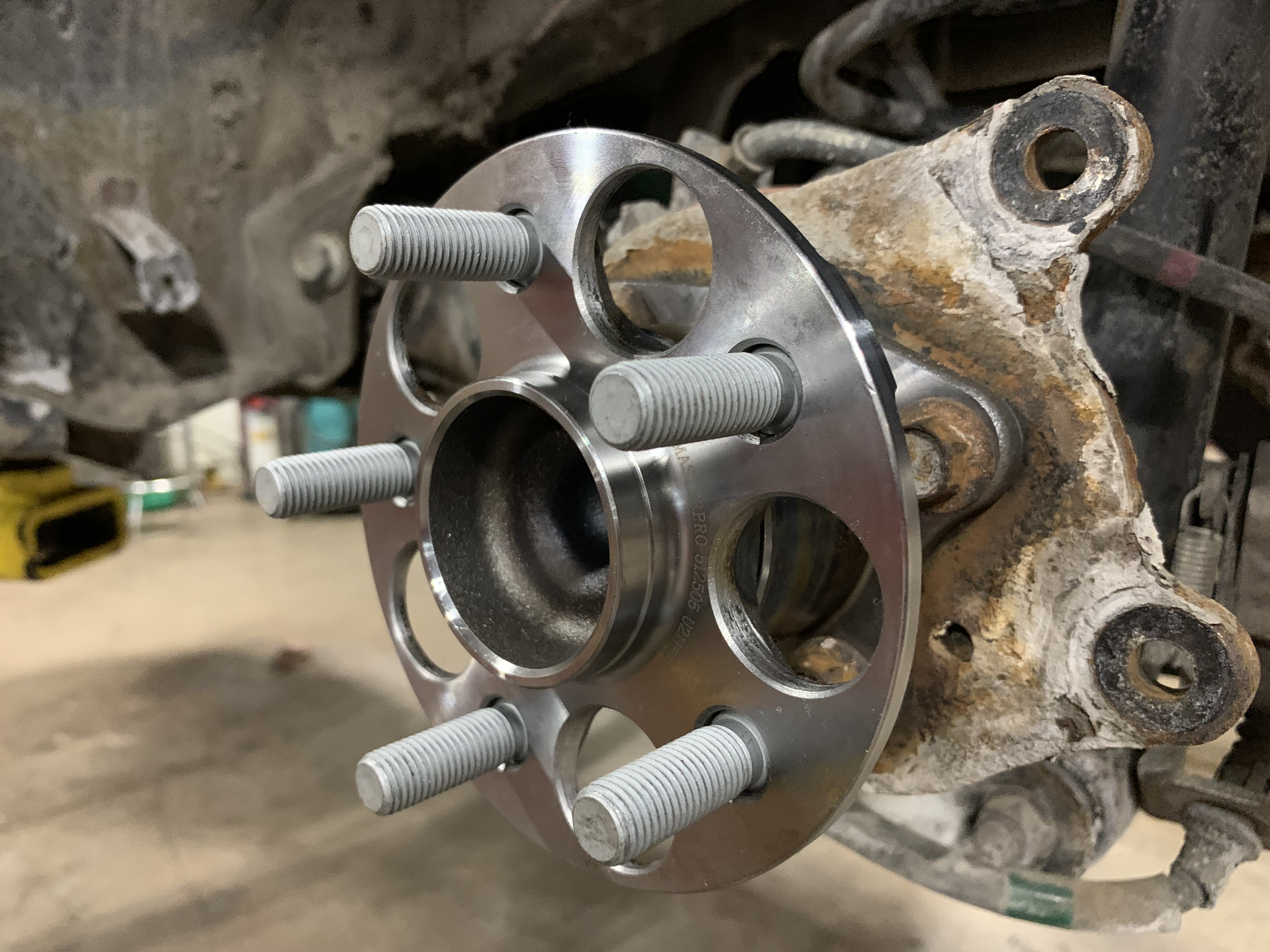
A wheel bearing is an important part of a vehicle’s braking, steering, and suspension systems. It is the component that connects the wheel to the axle and allows the wheel to turn. A wheel bearing is a set of steel ball bearings or tapers that are tightly packed in a grease-filled metal ring. They are engineered to support the entire weight of the vehicle and enable the wheel to rotate smoothly with minimum friction. Why Do Wheel Bearings Fail? Wheel bearings can fail for a variety of reasons and can also be damaged. They are especially vulnerable if you hit a tall curb, pothole, or speed bump at a high speed. If water, road salt, or mud gets past the waterproof seal and touches the bearings, it will contaminate the grease and cause the bearings to wear down and break prematurely. Top Warning Signs Your Wheel Bearings Need ReplacementNoise While Driving ... read more
Posted on 5/2/2022
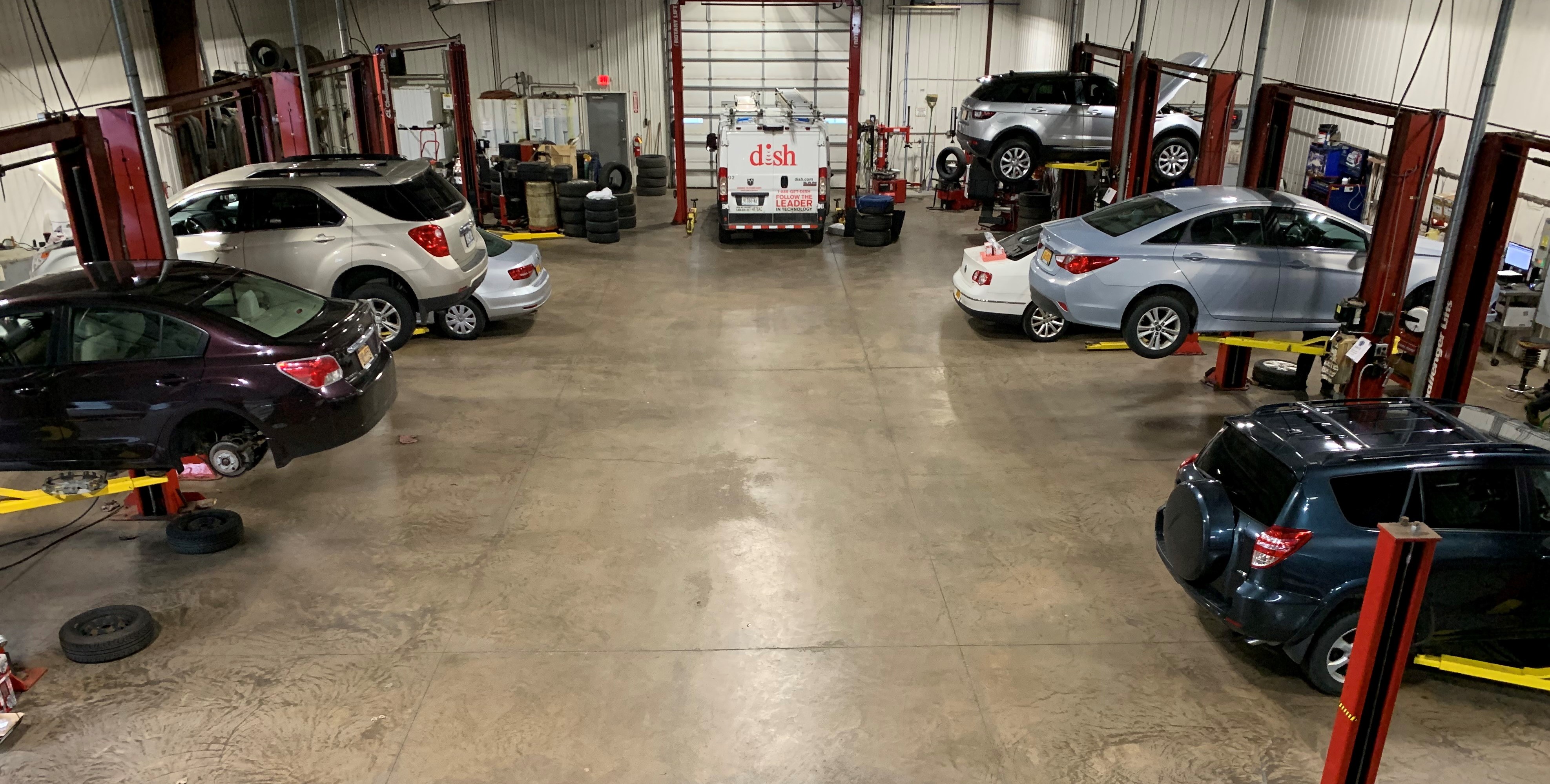
Vehicle maintenance at regular intervals helps keep your car in proper working order. And can prevent expensive repairs down the road. Even the most well-maintained cars will experience unexpected service problems. But it is better to be proactive rather than reactive. Keeping detailed service records can also help boost your car’s value when you decide to sell it or trade it in. Failing to follow preventative maintenance guidelines could even void your car’s warranty. Use this guide to learn about common maintenance recommendations. 3,000 – 5,000 miles – Oil Change An Oil Change is the most standard maintenance service for every car owner. An oil change every 3,000 - 5,000 miles is essential for keeping the key parts of your engine working properly. We recommend having your tires rotated every 5,000 miles to ensu ... read more
Posted on 5/2/2022
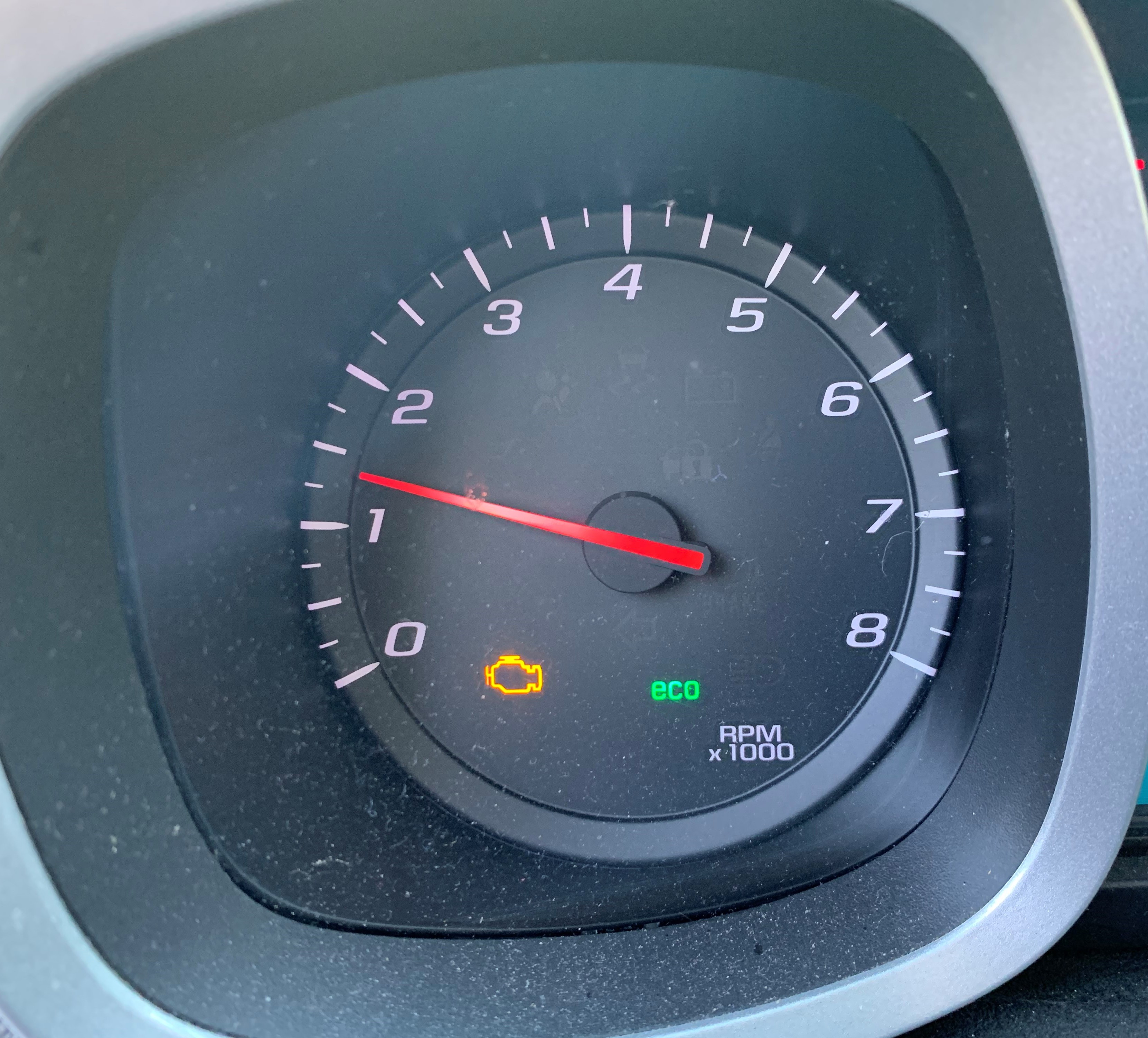
Your car will show you which areas of your vehicle need attention through the lights on your dashboard. If your tire pressure is low, the TPMS light will come on. The gas tank light comes on when you’re almost out of gas. But sometimes, it is not obvious what these lights are trying to tell us. A check engine light can appear on your dash for a variety of reasons. It could mean something simple like a loose gas cap or more complex like your engine is misfiring. So what should you do when your check engine light is on? Do Not Ignore Any Check Engine Light Clearly, something is a miss if the check engine light is on. Driving with a compromised engine could cause serious damage to different engine components if not assessed in a timely manner. If the check engine light is on steady and not flashing, you can keep driving it a ... read more
Posted on 5/2/2022
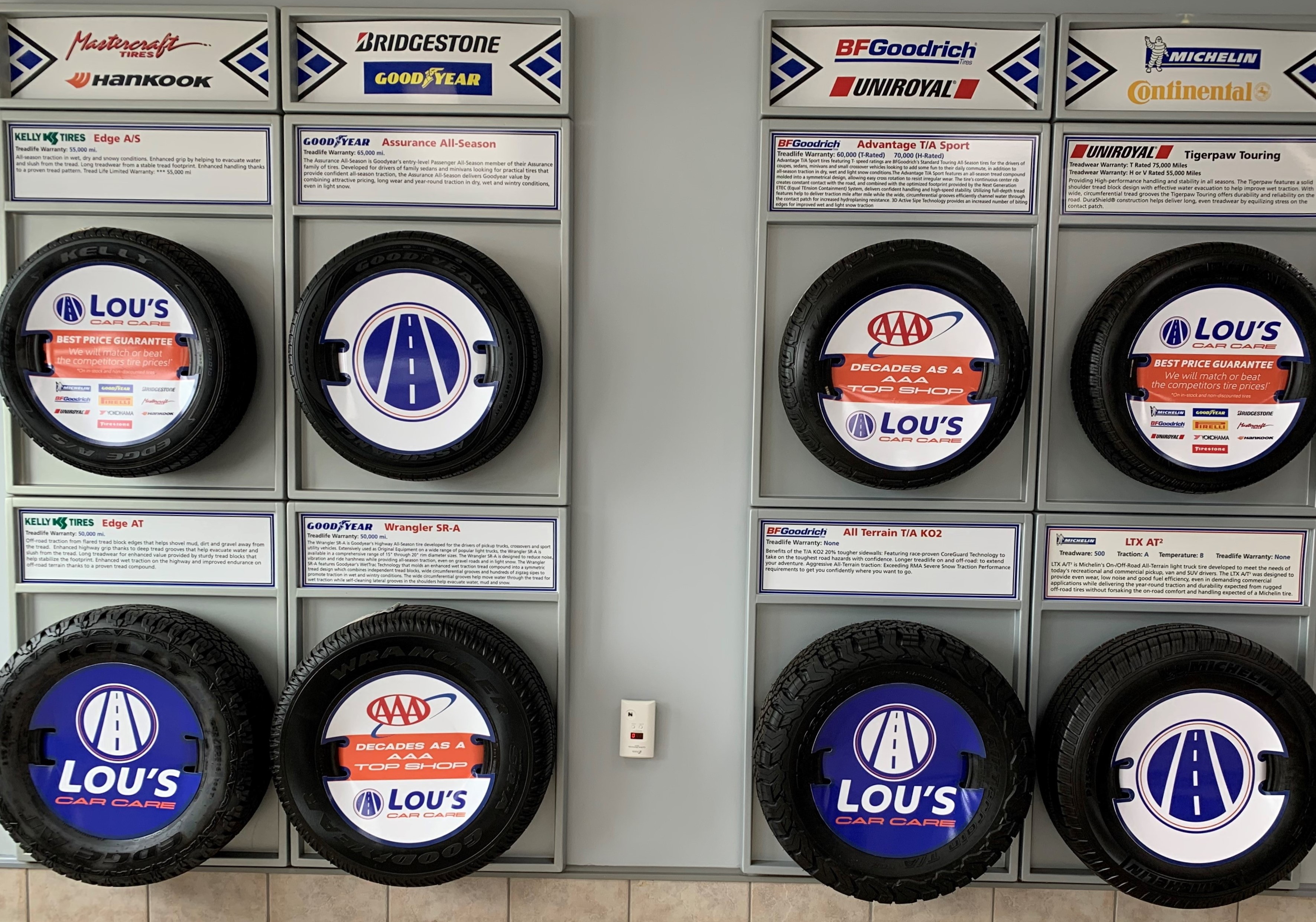
Tires are one of the maintenance items on a car that should be monitored regularly. Driving on worn tires is a safety hazard and could lead to additional complications with your vehicle down the road. If you’re getting ready to buy new tires, follow these 5 tips to find out how to choose tires that will fit your car and won’t break the bank. Tip #1: Check Your Owner’s Manual Your Owner’s Manual is a treasure trove of information for your vehicle. The manual will tell you the appropriate size and specifications of tires for your car. You can also find this information on a placard on the inside of the driver’s side door. Do not look at the sidewall of your existing tires. They may not be the same size of tire that originally came on your car or truck. Putting the right size tire on your car ensures that the speedometer will be accurate. And the proper loads will be placed on the transmission and other driveline components ... read more
Posted on 4/27/2022
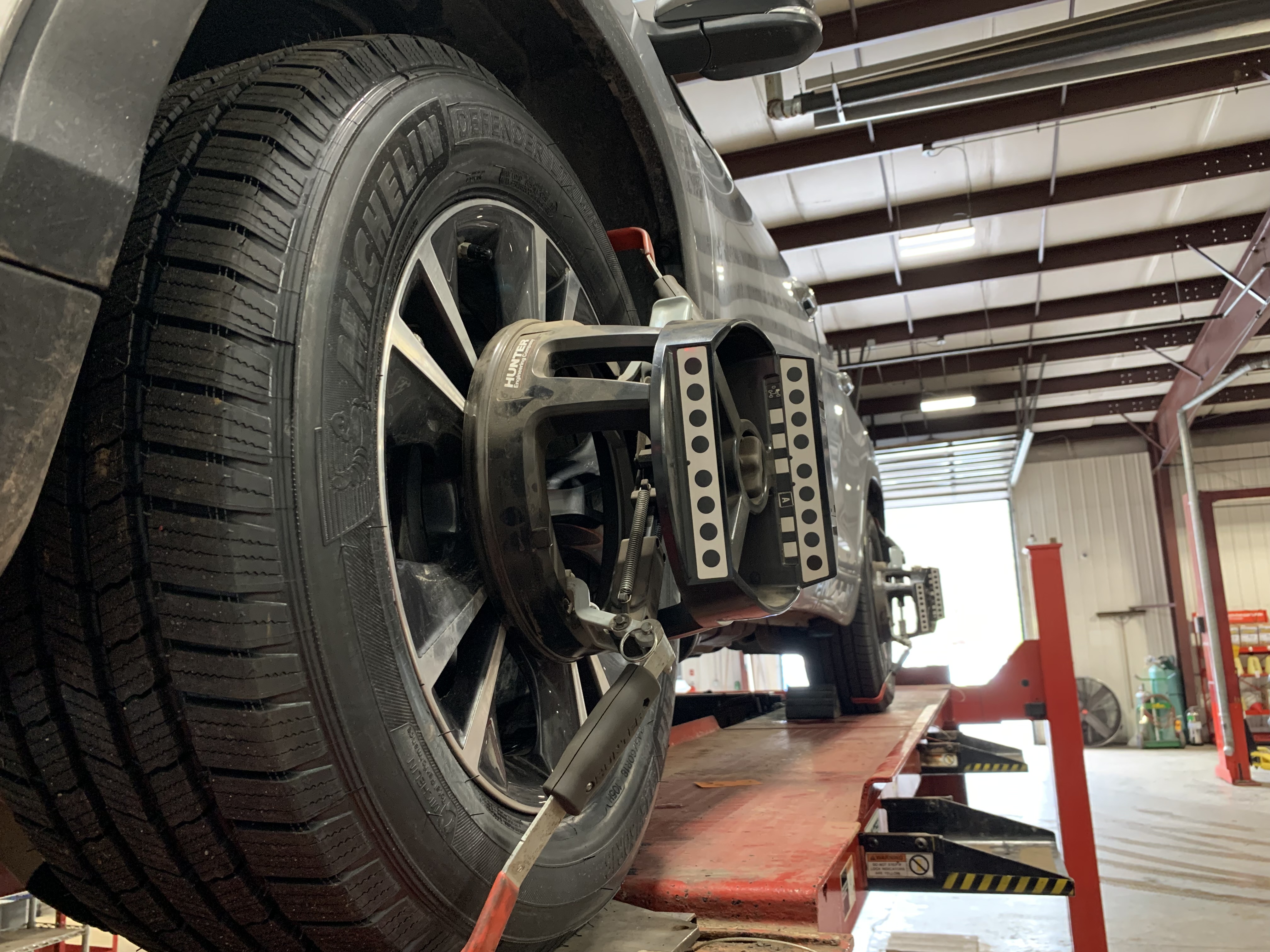
Many people confuse tire alignment with tire balancing and vice versa. While both services provide a smoother and seamless ride, these two services are not the same. Here's what you need to know about their differences. What is a Tire Alignment? Tire alignments (wheel alignments) are adjustments made to a vehicle's suspension system. This is where the vehicle connects to its wheels. This is not a change to the tires themselves. Our mechanics adjust the wheel angles to make sure the tires are making proper contact with the road. What are the Signs of Misalignment? Uneven Tread Wear Vehicle Pulling to the Left or Right Steering Wheel is Off-Center When Driving Straight Steering Wheel Vibration Squealing Tires What is Tire Balancing? A tire balancing service ensures the tire has an even weight distribution. And is usually performed along with a tire alignment service. Weight imbalances of just an oun ... read more
Posted on 4/27/2022
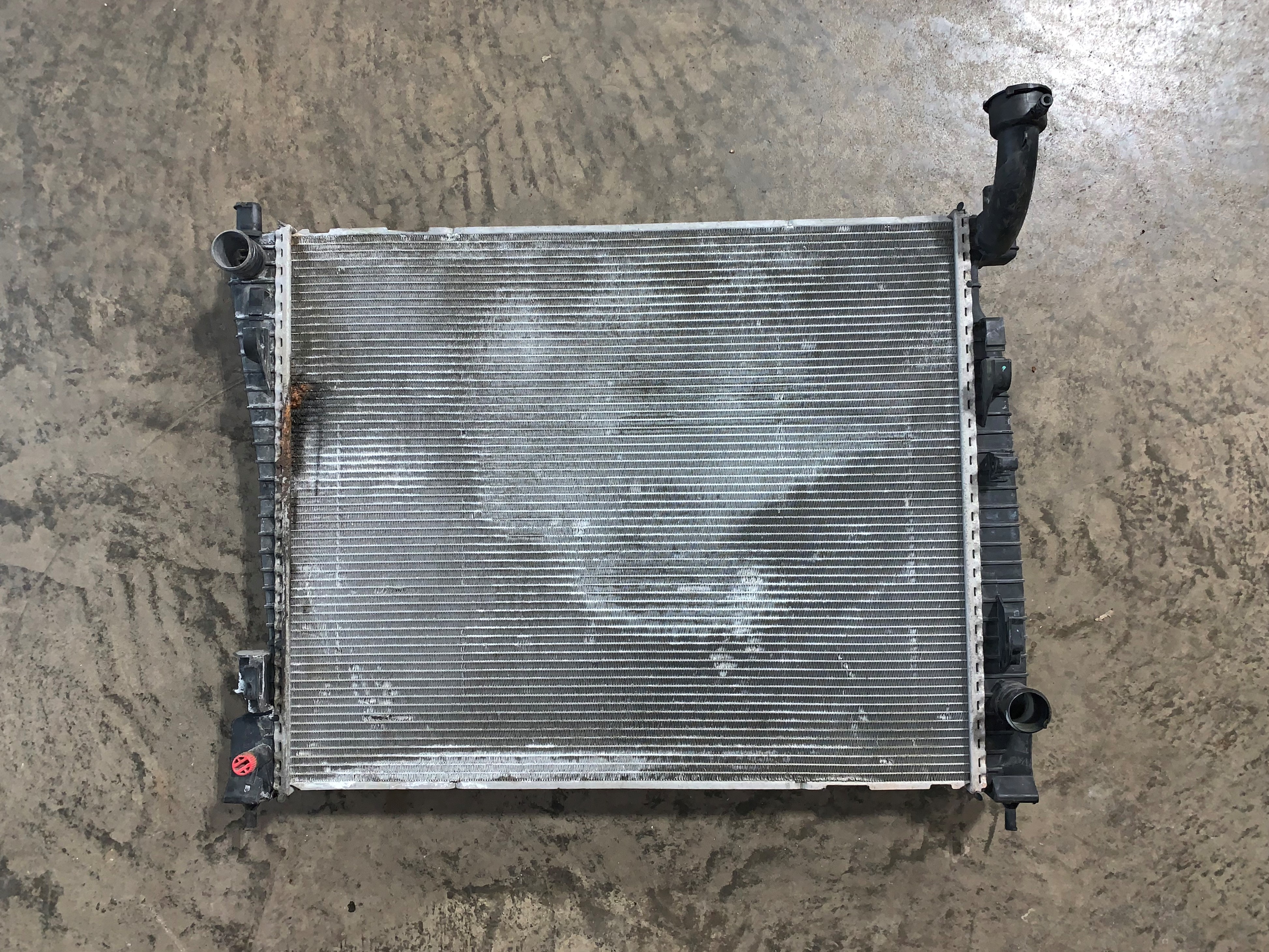
The Cooling System in your vehicle protects your engine from overheating. The radiator helps to transfer heat away from the engine. And allows the coolant to continue circulating throughout the rest of the system. The coolant helps to lubricate parts and absorb heat. As the coolant circulates through the system, it also picks up dirt and grime. A radiator flush will help rid your car of those contaminants. Our mechanics remove the old coolant and anti-freeze from the system, first. Then, cleaning solutions added to the system remove dirt and impurities. Finally, we add a new and fresh coolant mixture back into the system. If your engine's temperature gauge is higher than normal you may be due for a radiator flush. A broken radiator can leave you stranded. Preventative maintenance will protect your vehicle from having major issues on the road. Lou's ... read more
Posted on 4/20/2022
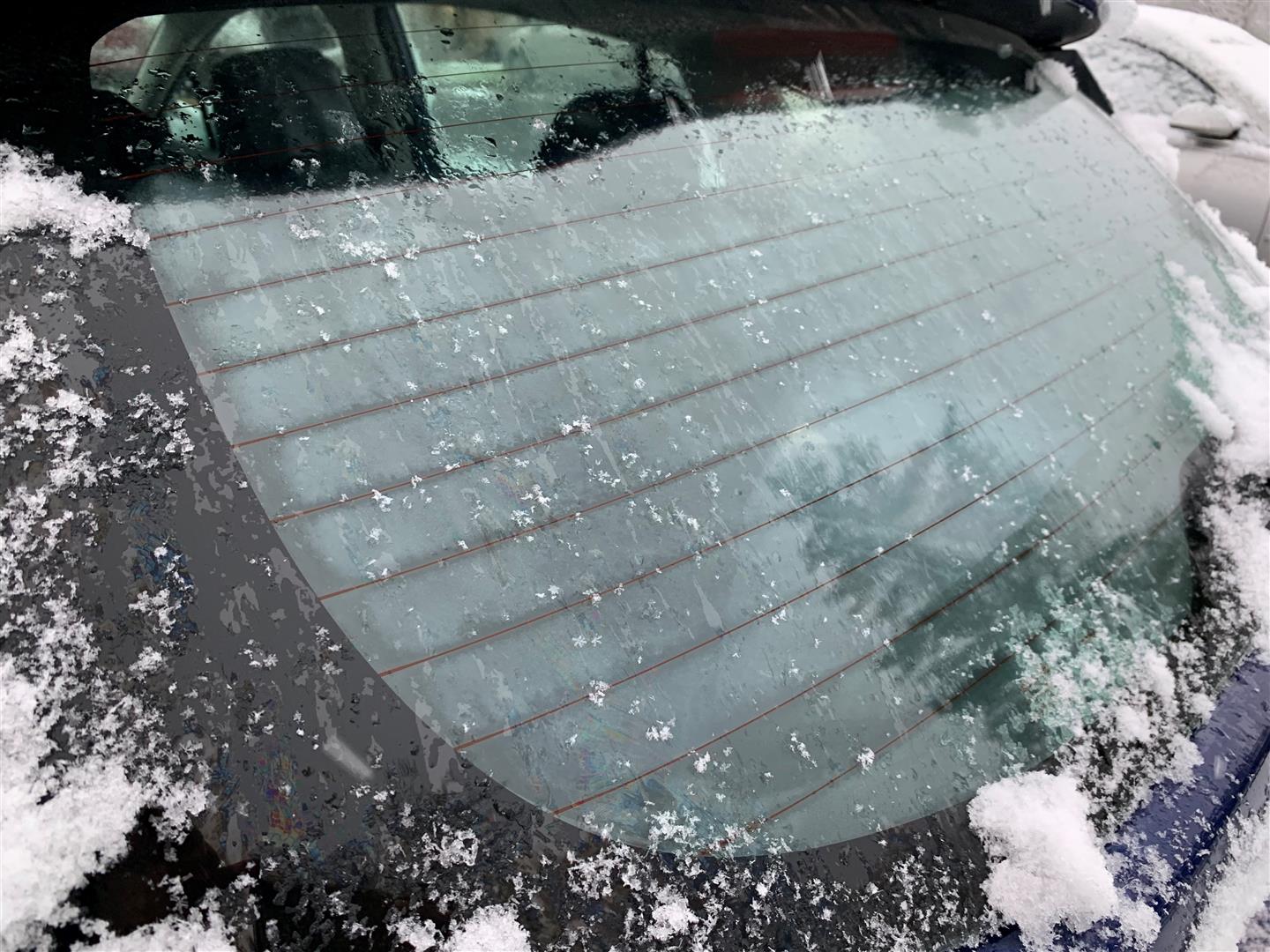
The defrosters in your car are a safety feature that helps to clear condensation and frost from your front and rear windshields. While both defrosters work to evaporate moisture from the windows, they do so in different ways. Your front defroster works by directing hot air up through vents in the dashboard to defog the windshield from the inside. In some cars, the defrost controls will also activate the air conditioning and compressor. In warmer weather, cooling the air with A/C first can remove more moisture from the air to defog the windows better. The rear defroster, in most cars, is electric. This system consists of rows of very thin heating elements on the inside of your rear window or hatch. These heating strips are connected to your vehicle’s electrical system and are controlled by a dashboard switch. The control switch typically runs on a timer that will automatically turn off the power after several minutes. Causes of Rear Defroste ... read more
Posted on 4/12/2022
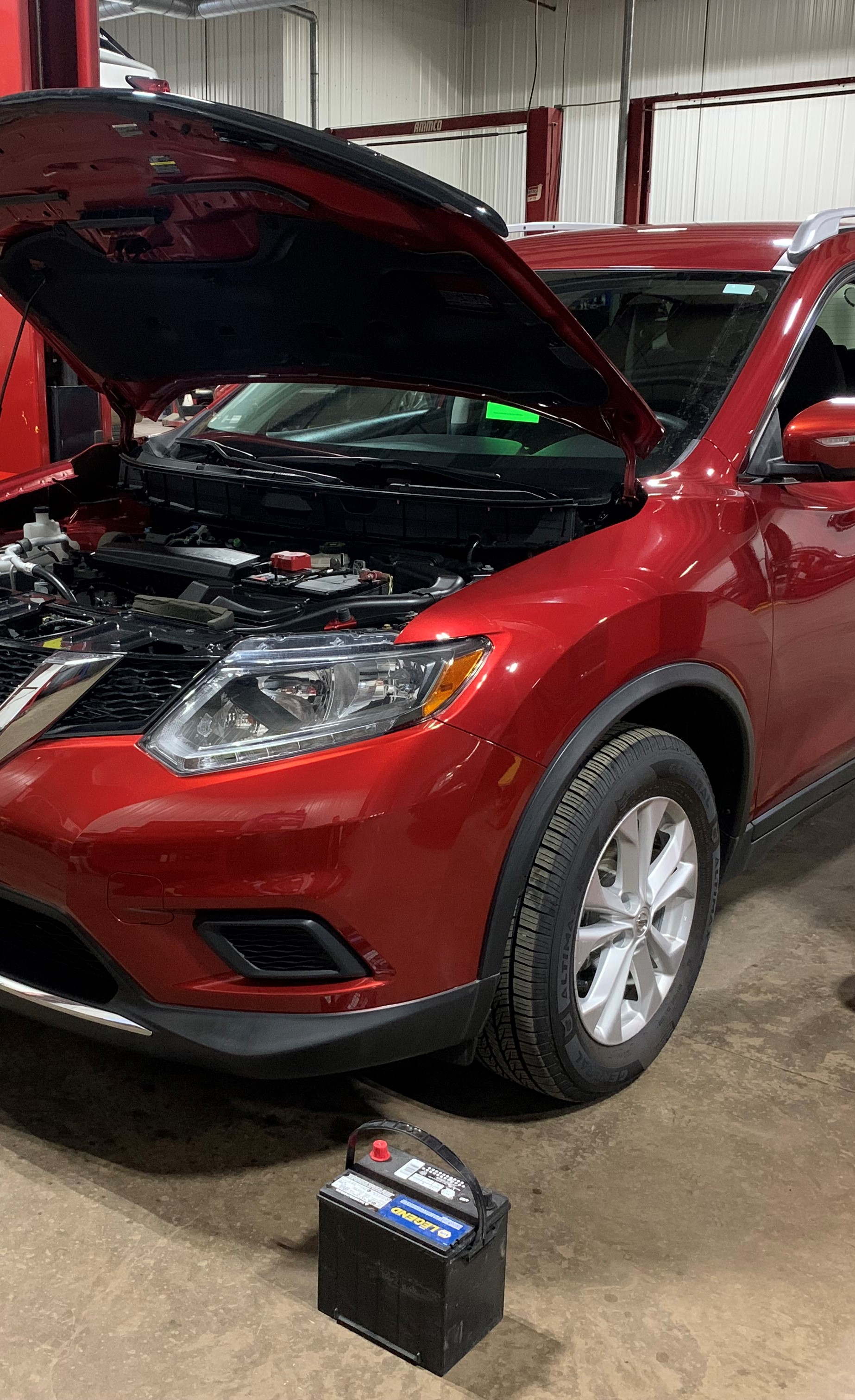
Why Won't My Car Start? You never realize just how important your vehicle is until it doesn't start. You use it constantly to drive to work, pick up the kids from soccer practice, get groceries, and so much more. So when your vehicle suddenly stops working- you PANIC! "Why Won't My Car Turn On?", you shout! There are a lot of reasons why your car won't turn over, but some are more common than others. Here are the top 3 reasons why your car may not start. Dead Battery A Dead Battery is the most common reason why a vehicle won't start. The battery is responsible for providing electrical power to your entire vehicle and its electrical components such as the lights, radio, and so on. The alternator charges your battery while your car is running. If your battery is not adequately charged, you will not be able to start your car. So ... read more
Posted on 4/7/2022
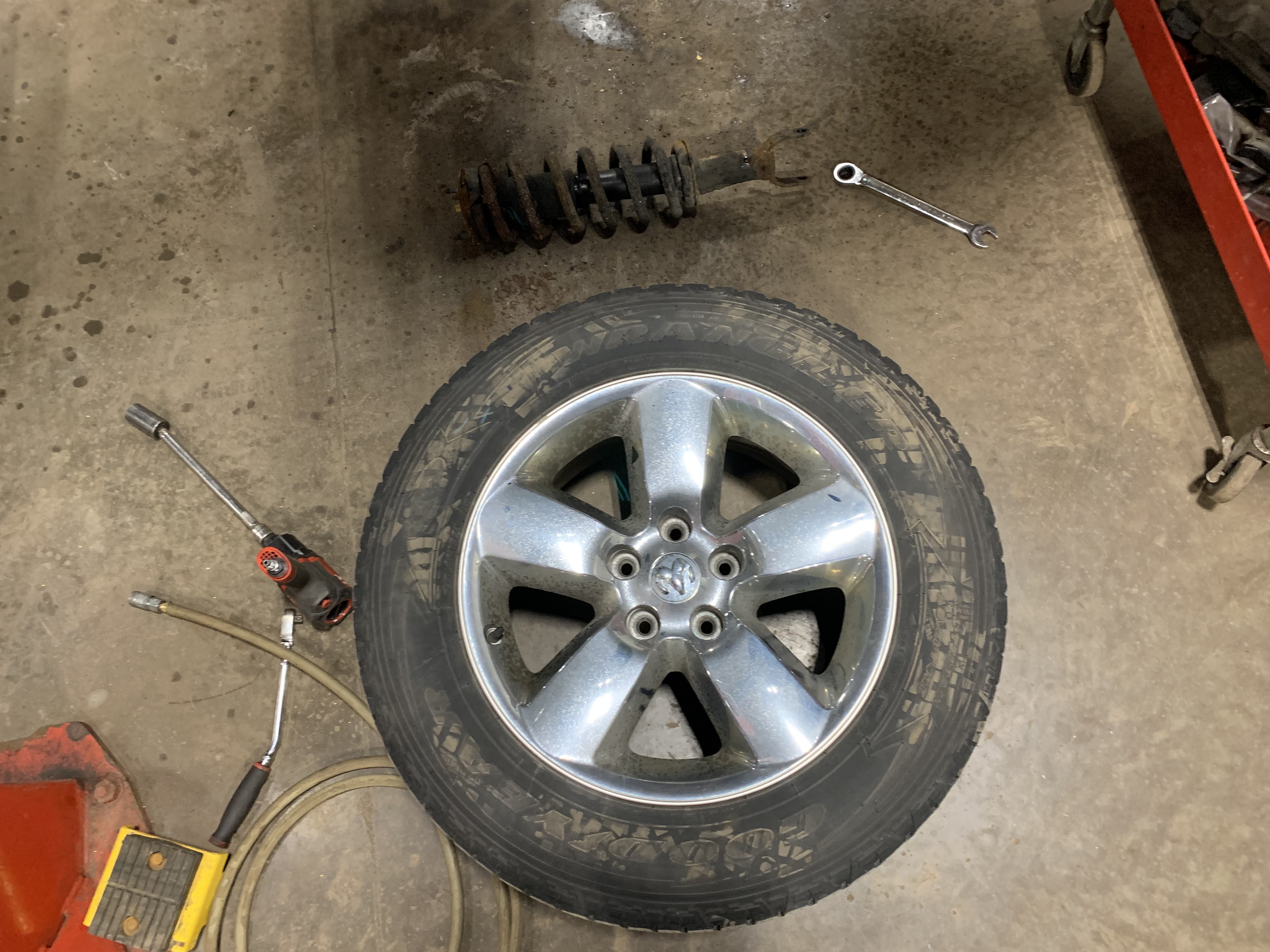
Why Do I Have To Rotate and Balance My Tires? Tire rotations and balancing are often overlooked when it comes to auto maintenance services. While they may seem unimportant, these services are extremely beneficial to the health of your tires. Regularly balanced and rotated tires prevent uneven tire wear and ensure that your tires last longer overall. WHAT IS A TIRE ROTATION? A tire rotation is when your tires are moved from one position to another. For example, a front tire is moved to the back and vice versa. This helps to ensure that the wear on all of the tires stays even over a period of time. WHAT IS TIRE BALANCING? Tire balancing adjusts the tire mounting to ensure that all tires are equally balanced so one side of the tire doesn't have more pressure than the other. It is another way to make sure that your tires wear evenly. These two services can increase the longevit ... read more